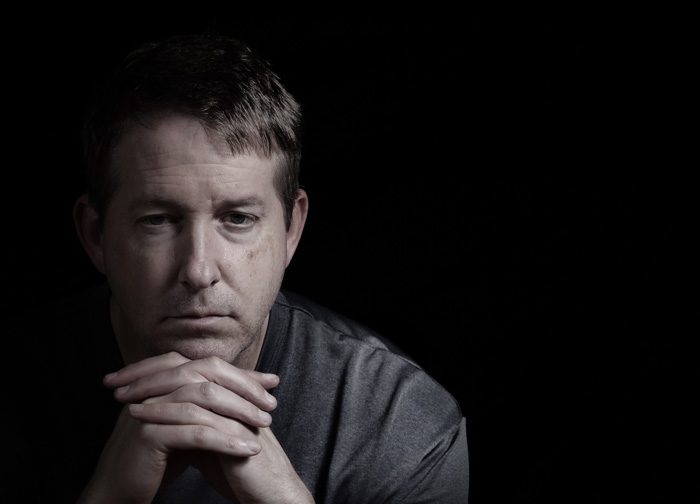 Depression is a mental health condition that is the most common cause of disability in the world.
Depression is a mental health condition that is the most common cause of disability in the world.
It can affect people from any background, culture or lifestyle. It’s often confused with feeling down or “blue,” and some people even think of depression as being the same as grief. They’re two different things entirely, although a major loss (the death of a loved one, the end of a relationship, job loss, divorce, a major health issue) can trigger an episode of depression.
If you want to talk to someone about their depression, it’s normal to feel a bit tongue-tied. On one hand, you want to be able to comfort your loved one, but you don’t want to say anything that will make the situation worse.
Tips for Talking to Someone About their Depression
The most important thing to remember about talking to someone about their depression is that there isn’t any perfect thing you’re supposed to say to help. In many instances, your presence alone is something your loved one will find comforting.
Use “I” Statements
When you approach someone who may be depressed, use statements like:
- “I’ve noticed that you seem down lately. I’m wondering if you might be depressed.”
- “I can see that you’ve been having a difficult time. What’s that been like for you?”
Listen without Making Judgments
If a depressed loved one wants to talk about how they feel, just listen. This is often much harder to do than it sounds.
You’ll need to pay attention to what the other person is saying, keeping in mind that what we hear is often filtered by our past experiences, beliefs, and personal values. It’s important to simply accept what you’re being told, even if it’s different from your own thoughts or feelings.
Your loved one may tell you that she feels worthless, hopeless, and like she’s a burden to her family. You know that she is none of these things. Unfortunately, if your loved one is deeply depressed, she’ll have trouble believing you if you try to convince her otherwise. Say something like, “I can see that you’re really having a hard time right now.”
Offer to Find Help Together
A depressed person may feel as though they are living in a deep pit they can’t climb out of. Other people describe it like trying to walk through waist-deep water every day. The illness makes even the most mundane tasks seem insurmountable at times. For some people living with depression, there may be times when getting out of bed to go to work or school is something they just can’t accomplish.
This isn’t a sign of weakness or lack of character. Instead, it’s an indication of how draining depression can be from a physical point of view.
If your loved one hasn’t seen a doctor or a therapist for his depression, it may be too much for him to pick up the phone to make an appointment to be assessed. Offer to contact his doctor or find a therapist and make an appointment. If your schedule permits, offer to take your loved one to the appointment.
Remind Them to be Patient with Themselves
If your loved one has recently started an antidepressant medication, it can take several weeks before she will start to notice some improvement. During this time, your loved one may become discouraged at the (perceived) lack of progress she is making.
You can help during this time by offering some gentle encouragement. You might say, “I know it’s difficult to be patient when you are feeling so bad inside. A broken leg takes time to heal, and the medication is working to heal the receptors in your brain. We can’t rush either one.”
Don’t be Afraid to Ask About Suicidal Thoughts
Many people are afraid to talk to a loved one who is depressed about suicide, thinking that if they bring up the subject it may push someone over the edge. It’s okay to ask your loved one if they have been having thoughts of taking their own life.
If the answer is “Yes,” ask her if she has thought of a plan for suicide. If your loved one responds by saying that she has chosen a method, place, and/or a time or day, then that’s a different situation than a person who is thinking they don’t want to be here anymore. Someone who has a plan needs to be assessed by a professional right away. Contact your loved one’s doctor or therapist, take them to the emergency room, or call 911.
Don’t shy away from interacting with someone who’s going through a difficult time with depression. Reach out to provide gentle, caring support instead.
How Great Oaks Recovery Center Can Help
People suffering from depression are also significantly more likely to abuse drugs and alcohol. If your loved one shows signs of having a substance use disorder as well, our residential treatment program is well equipped to provide the support necessary to treat both co-occurring conditions. With help, your loved one can look forward to a brighter future.


